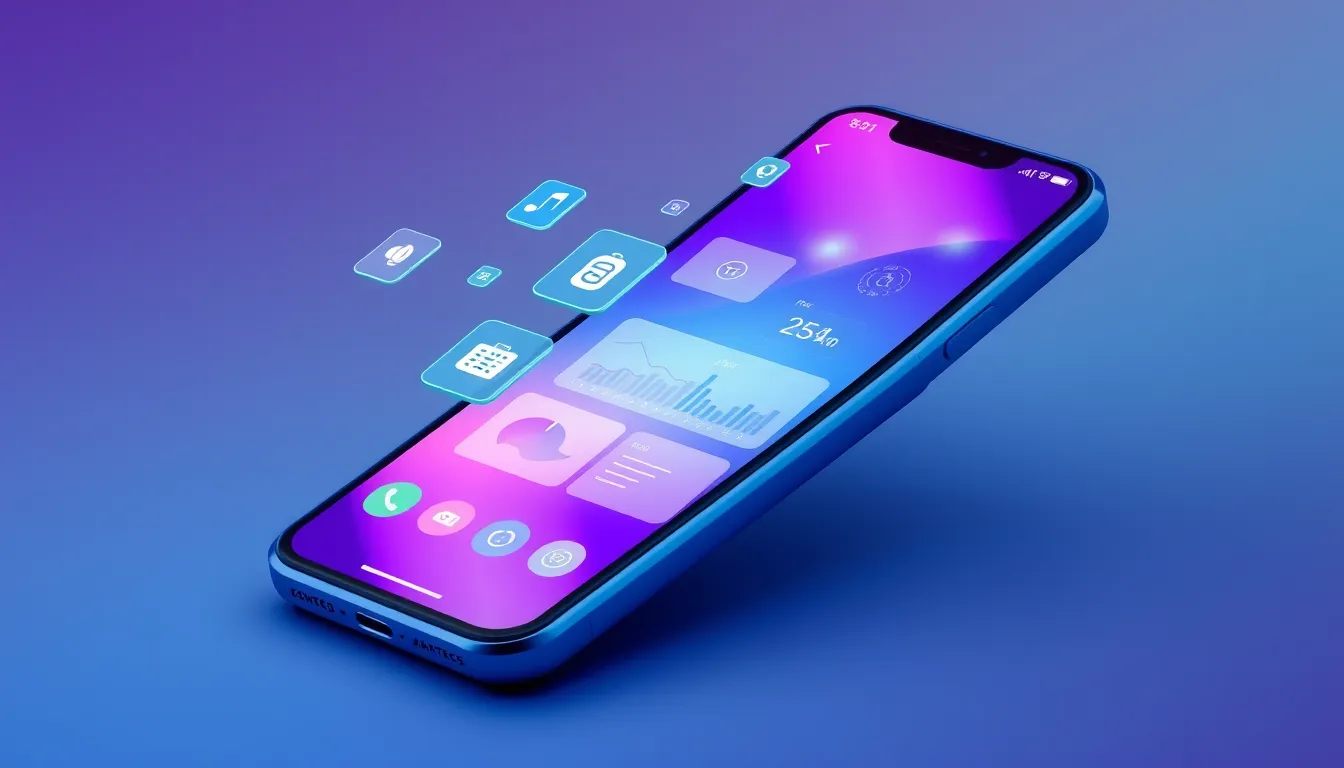
The Future of Mobile Development: How AI is Shaping the Next Generation of Apps
Mobile app development is undergoing a massive transformation, thanks to artificial intelligence (AI). From personalized user experiences to smarter app functionalities, AI is redefining what’s possible in the world of mobile apps. In this article, we’ll explore how AI is shaping the future of mobile development, the benefits it brings, and the tools you need to stay competitive.
Why is AI Crucial in Mobile Development?
AI is no longer a luxury—it’s a necessity for creating cutting-edge mobile apps. Here’s why:
- Enhanced User Experiences: AI enables apps to adapt to user behavior, offering personalized content and features.
- Improved Efficiency: Automating repetitive tasks like testing and debugging speeds up development.
- Smarter Functionalities: AI-powered features like voice recognition and predictive analytics make apps more intuitive.
How AI is Transforming Mobile Development
1. Personalized User Interfaces
AI allows apps to create dynamic, user-specific interfaces. Examples include:
- Adaptive Layouts: Apps can rearrange their layout based on user preferences and behavior.
- Tailored Content: AI analyzes user data to deliver personalized recommendations, such as news, products, or services.
2. AI-Powered Features
AI is enabling smarter functionalities in mobile apps, such as:
- Voice Assistants: Apps can integrate voice recognition for hands-free navigation.
- Predictive Analytics: AI predicts user needs, like suggesting the fastest route in a navigation app or recommending products in an e-commerce app.
3. Automated Testing and Debugging
AI tools can automate time-consuming tasks like testing and debugging, ensuring faster and more reliable app development. Benefits include:
- Faster Time-to-Market: Automated testing reduces development cycles.
- Higher Quality Apps: AI identifies and fixes bugs more efficiently than manual processes.
4. Enhanced Security
AI improves app security by detecting and preventing threats in real-time. Examples include:
- Fraud Detection: AI algorithms can identify suspicious activities, such as unauthorized transactions.
- Biometric Authentication: Facial recognition and fingerprint scanning enhance app security.
Tools for AI-Driven Mobile Development
In 2025, developers have access to a wide range of AI-powered tools. Here are a few:
- TensorFlow Lite: A lightweight version of TensorFlow for mobile and embedded devices.
- Firebase ML Kit: Google’s toolkit for integrating machine learning into mobile apps.
- Apple Core ML: A framework for integrating AI models into iOS apps.
Case Study: Spotify
Spotify is a prime example of AI-driven mobile development. Its AI algorithms analyze user listening habits to:
- Personalize Playlists: Create custom playlists like "Discover Weekly" based on user preferences.
- Recommend New Music: Suggest songs and artists that users are likely to enjoy.
The Future of AI in Mobile Development
In the coming years, AI will play an even bigger role in mobile development. Expectations include:
- Hyper-Personalization: Apps will predict user needs before they’re even expressed.
- Seamless Integration with IoT: Mobile apps will interact with smart devices for a connected experience.
- AI-Generated Code: Tools will automate parts of the coding process, speeding up development.
Conclusion
AI is revolutionizing mobile app development, enabling smarter, more personalized, and efficient apps. By leveraging AI, developers can create apps that stand out in a crowded market and deliver exceptional user experiences.


